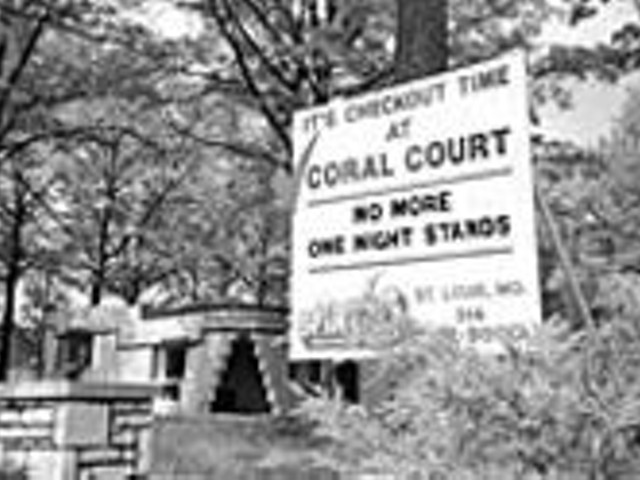When Bob Edwards (pictured) wrote of a well-known broadcast journalist who "lost favor with his bosses, but never with his public" and "left the scene with his integrity intact and a stunning record of accomplishment," he couldn't have known the poignant relevancy such words would soon have to his own career. Of course, Edwards would never compare himself to the titanic subject of his recently published book, Edward R. Murrow and the Birth of Broadcast Journalism, but this literary labor of love has been overshadowed by Edwards' ouster after almost 25 years as the velvet throat of National Public Radio's Morning Edition. His demotion to "special correspondent" immediately proved so unpopular that NPR dispatched spokespeople around the country to explain the marketing-driven coup d'état to disgruntled listeners.
Murrow's unceremonious 1961 dumping by CBS was even more controversial -- his broadcasts about Joseph McCarthy and the plight of migrant farm workers alienated advertisers -- but the echoes are still striking. "A quarter-century with CBS was over," Edwards writes. "He would no longer be a 'problem' for the network whose quality and credibility he did so much to establish." Ouch.
In brisk, straightforward prose that clearly reflects his radio background, Edwards describes a Murrow who was smarter, more handsome and more driven than the average man, committed to journalistic truth but also prone to deep, moody silences -- and not above embellishing his résumé. Before Murrow transformed radio, the medium's power was mostly wasted on sheer frippery; a transmission of a nightingale's song was voted "Most Interesting Broadcast" of 1932. Murrow's vivid reports from Europe before and during World War II brought hard news and expert analysis to the airwaves for the first time, and he repeated the trick after the war in the infant medium of television. Murrow's high-minded innovation and integrity, Edwards argues, shames the ratings-driven sensationalism that powers today's media. Alas, that's a lesson Edwards has learned all too well.
Edwards will read from and sign his book at the Touhill Performing Arts Center on the UM-St. Louis campus (1 University Boulevard) at 7 p.m. Only books purchased at Left Bank Books (399 North Euclid Avenue) will be signed. Call 314-516-5968 to find out more. -- Jason Toon
Igorots
Back For More
Some things have gotten worse since the 1904 World's Fair. St. Louis no longer has trolleys (one's on the horizon, but we don't have it yet), and our lush Forest Park now has a boring golf course instead of those plush palaces. But some things have definitely improved: Able-bodied visitors to the park no longer rent "roller chairs" (read: wheelchairs) to get around, and indigenous peoples such as the Igorots aren't showcased as oddities. In fact, the descendants of these displayed "people of the mountains" are celebrated at 10 a.m. at the Missouri History Museum (Lindell Boulevard and DeBaliviere Avenue; 314-454-3150 or www.mohistory.org). Come learn about their spirit for free, and show the world how much we've grown. -- Alison Sieloff
The Roots of ?uestlove
WED 6/30
?uestlove, the supremely talented drummer for the Roots (who opened for 311 earlier this evening in one of the stranger incidents of "what the?" show booking), takes time out to visit Velvet (1301 Washington Avenue) for a solo DJ spin at 10 p.m. In addition to his superhuman percussive skills, ?uestlove also has an almost encyclopedic knowledge of old-school funk and Philly soul, so you're almost guaranteed to hear at least one O'Jays track during his set, which is never a bad thing. You can call 314-241-8178 for prices and check out www.velvetvibes.com or www.flymusic.fm for more info. This is a 21-and-older show, so leave the kids at home. -- Paul Friswold
Take the Long Cut
THUR 7/1
Wilco has been everywhere lately: on movie screens with the documentary I Am Trying to Break Your Heart, in the pages of Rolling Stone, on the Billboard charts and even on entertainment-news programs, thanks to frontman Jeff Tweedy's recent trip to rehab. All of these developments are traced in Greg Kot's new book, Wilco: Learning How to Die. But more important, Kot tackles the big issues: How can a musician make music that's important if the only thing important in the industry is total sales? What happens to a musician when he's put through the meat grinder of corporate oversight and second-guessing? Kot reads from his book at Left Bank Books (399 North Euclid Avenue; 314-367-6731) at 7 p.m. -- Paul Friswold





